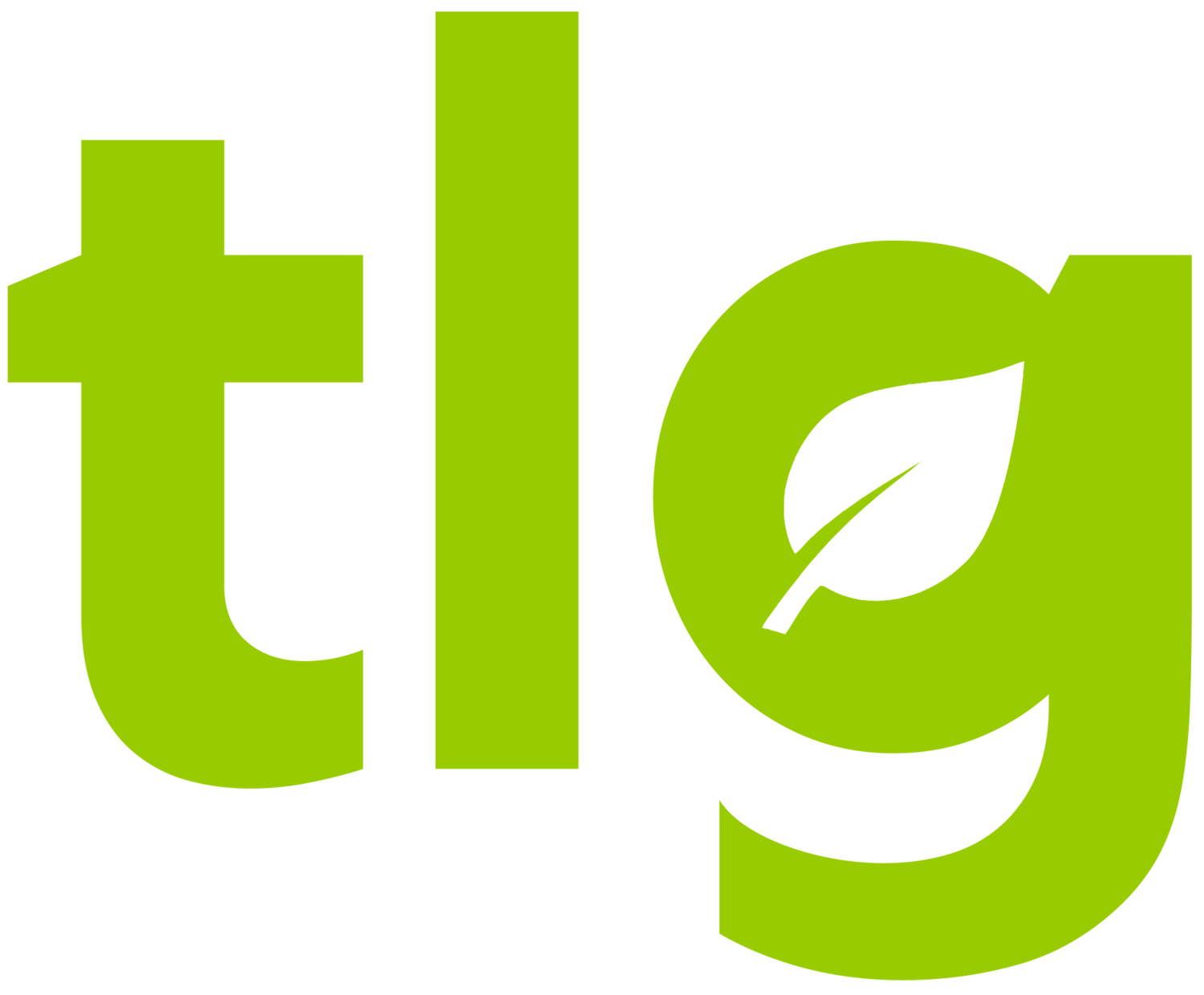Where Are They Now? Ashleigh's Story
This article was written by TLG Public Relations Officer, Anne-Marie White.
Ashleigh (second from the right) helping out at a TLG stall for ECU Open Day.
Thanks for joining us for another instalment of Where Are They Now? Stories of TLG Alumni. This week we’re featuring CEO and co-founder of the Hello Initiative (HI), Ashleigh Small, who also happens to be a TLG Honorary Life Member (HLM). Ashleigh spoke to us about how her experience volunteering with TLG gave her the skills and confidence to set up the Hello Initiative, an organisation that assists WA young people in navigating the justice system by providing crucial access to mobile devices.
Ashleigh completed a Bachelor of Arts, followed by a Masters in Social Work, at The University of Western Australia. She described how TLG “came to define most of [her] university experience.” Over the course of her studies, she participated in 7 Rural Programs and 3 eMentor Programs. She also spent two and a half years on the TLG Executive, initially as a Rural Program Supervising Officer (now known as Coordinator Support Officers) and later as the Marketing, Events and Alumni Manager. In regards to her career goals before she became involved with TLG, Ashleigh told us that she “lacked a lot of direction. I was vaguely interested in law, but also knew that I wanted to work in something around human services. During my time at TLG, I decided I would pursue a Master of Social Work instead of the Juris Doctor.” These days Ashleigh has a day job in the public sector and runs her “passion project,” the Hello Initiative, in her spare time.
Ashleigh co-founded the Hello Initiative in 2019 after completing her final student placement with the Aboriginal Legal Service. “I had spent 17 weeks working with young people involved in the criminal justice system,” Ashleigh told us. “While I was on placement I realized the scale of the digital divide that was affecting vulnerable communities in Perth, that is, the lack of access to mobile phones, the internet, and the digital communities that live there.” During her placement, Ashleigh often found herself “annoyed at how much of [her] own time was being wasted just trying to contact and locate [her] clients, rather than using that time to provide mentorship and professional support.” She experienced a lot of frustration on behalf of these young people, and explained to us how lack of access to mobile technology “creates a system where young people who want to make the right choices and do the right thing for themselves and their communities are not facilitated in making those changes. For example, it becomes really hard to meet bail requirements if you can’t contact your bail officer as required.” After failing to find an existing service that met this need, Ashleigh said “we just decided to build it ourselves.”
Ashleigh (left) dropping off donated smartphones to the Metropolitan Youth Bail Service.
The Hello Initiative (HI) runs two major projects, the Mobile Support project and the Cyber-Safety project. For the Mobile Support project, Ashleigh and her team “liaise directly with frontline workers in youth justice, such as diversion officers or bail officers, to identify young people with the highest communication needs.” The Hello Initiative sources donations of second hand smartphones which would otherwise end up in landfill. These smartphones are then refurbished and distributed to young people most in need of them. Ashleigh and her team then ensure the new owners of these mobile devices have reliable and ongoing access to credit. Ashleigh stressed that having a working phone makes a major difference in the lives of vulnerable young people navigating the justice system. It “allows the young person to connect with their support workers, lawyers and community members in the same modality that most adults use every day, and sometimes take for granted. This can be the difference between a young person being able to access support systems or not.” In providing this technology, the Hello Initiative “aims to create better access to justice for young people in WA. We empower young people to make the right choices and get themselves back on track,” Ashleigh told us. “In short, we believe that in 2020, access to this technology to support our lives is not a luxury but should be considered a right.”
Ashleigh said that HI is “always seeking community donations of old smartphones” for the Mobile Support Project but, since the COVID-19 outbreak, the program has experienced “unprecedented growth” and, as a result, HI is “urgently seeking” donations of old smartphones. “So many people replace their phone every 1-2 years,” she stressed to us, “and the old model ends up stuffed in a junk drawer. That old device can do so much more good in the community than it can in your drawer.” Ashleigh informed us that people wishing to donate old phones could contact HI via their website to arrange a no-contact collection from their home or office.
We asked Ashleigh whether she thought there was a connection between the work she does with HI and the work TLG does. She replied that yes, she thought there was a very significant connection. “Both HI and TLG are invested in early intervention principles to improve the lives of young West Australians,” she told us. “In my work in the public sector, something I battle every day is the division of human services, particularly between health, justice and education...I don’t think any challenges can be addressed completely until we look at them from all angles – for example, the young people HI supports are often also disengaged from education. We also know that young people who disengage from their education are more likely to display criminogenic tendencies, and that this is compounded for young people living in rural and remote communities. TLG and HI both work on a model that looks at what a young person might become if given the right opportunities and support systems, rather than the traditional ‘story’ told about someone in their circumstances. This emphasis on fostering growth within an already resilient community connects the seemingly very different work being done by HI and TLG.”
Ashleigh added that another similarity between HI and TLG is that both organisations “are run by passionate young volunteers.” She told us that she often draws on the leadership skills she developed in TLG when running HI. “I often think about how my team at TLG may have faced a challenge as we encounter them at HI. TLG teaches its volunteers tenacity in the face of adversity and this attitude is necessary everyday now in my new role at HI.” She reflected on how her experience with TLG gave her the skills and confidence she required to start the Hello Initiative. “TLG helped me realise that young people could build and run organisations that made a difference in the lives of real communities. I was so inspired by the program but also by the people around me – just young people figuring it out as they went, but having a big impact at the same time. I found it so amazing that people had seen a problem, and worked collaboratively and creatively to come up with a new solution, and then just had the guts to give it a crack. TLG cemented in me a passion for start-ups and entrepreneurial social impact. I found a sense of camaraderie in TLG that I knew I wanted to pursue in my career beyond uni.”
Ashleigh (second from the left) wearing a TLG shirt while completing the Inca trail.
When describing the overall impact TLG has had on her life, Ashleigh said that TLG had not only “shaped [her] studies, pushing [her] into Social Work,” but also had a major impact on her personal development. “My experiences in TLG came to shape my values as an adult,” she said, “...these values have now set my direction in my career, in the work I choose to pursue outside of my day job, and in how I foster relationships. I would highly recommend TLG to anyone at uni, not only for the impact that you can create within the program but in the sense of perspective the experience can create for you. I think that half of the power TLG holds is outside of its program impact (which is unreal in itself), and inside the transformational experiences it can give its volunteers.”
Going forward, Ashleigh and her executive committee of 7 plan to continue to expand HI by continuing to bring in new referral partners, funding and resources for their projects in order to expand their impact in the broader youth justice system. In addition to smartphone donations, HI is also looking to expand their committee. In particular, they are looking for a volunteer who can help manage their website and social media or anyone with experience securing corporate sponsorships. If this sounds like something you would be interested in, you can email Ashleigh at ashleigh@helloinitiative.org.au! For more information about the Hello Initiative, check out their website.




